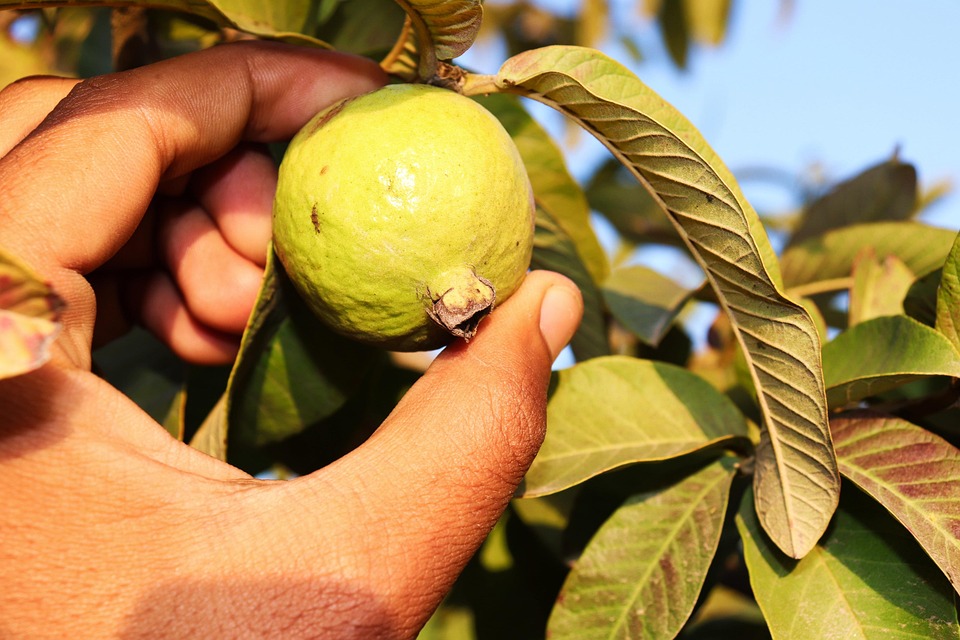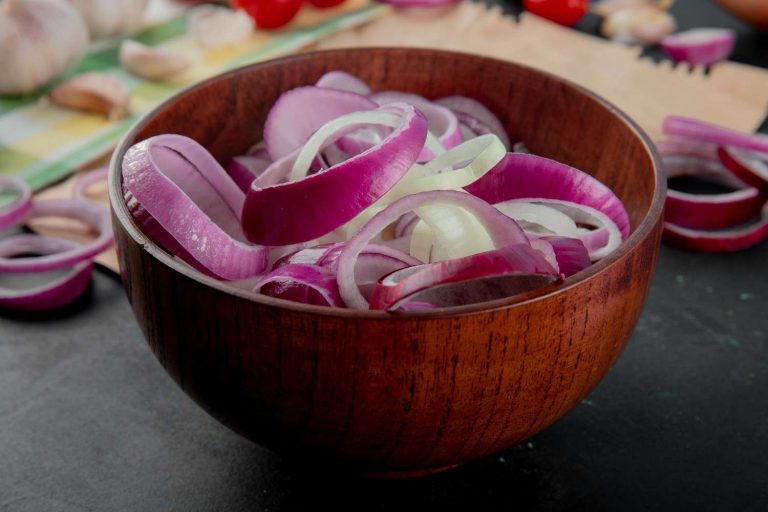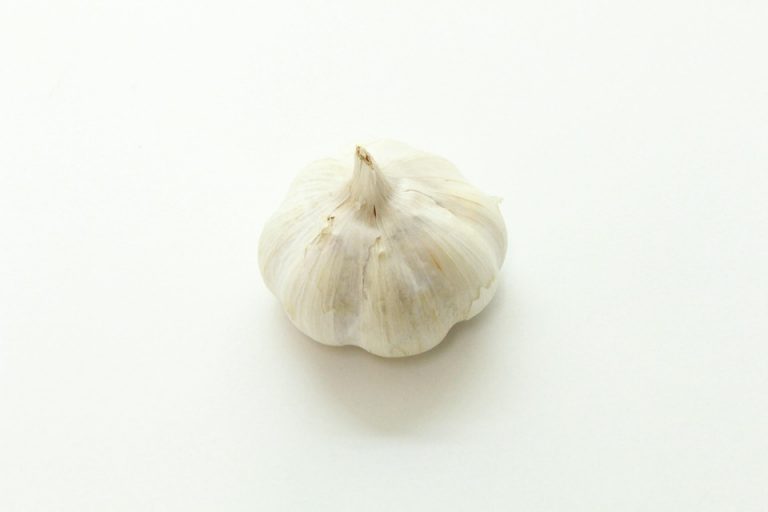Contents
7 Benefits of Guava Leaves for Blood Sugar Control
Midday slump hits, and you’re reaching for a snack. You grab your favorite treat but suddenly remember your concern about blood sugar levels. If you’ve been exploring natural ways to keep those levels in check, guava leaves might just catch your interest. Rich in nutrients and traditionally used in various cultures, these leaves have been attracting attention for their potential in blood sugar management. Let’s explore seven benefits that guava leaves offer in this regard.
1. Natural Anti-Diabetic Properties
Research highlights guava leaves’ potential to help regulate blood sugar levels. A study published in the Journal of Medicinal Food in 2013 found that guava leaf extract significantly reduced blood sugar levels in diabetic rats. The leaves contain compounds like flavonoids and polyphenols, which help improve insulin sensitivity and reduce the absorption of glucose in the intestines (Baskaran et al., 2013).
While animal studies are promising, it’s essential to consider human studies as well. Human trials are limited but growing, with some preliminary findings indicating similar effects in people with type 2 diabetes. However, consulting a healthcare professional before trying guava leaves as a diabetes treatment is wise.
2. Rich in Antioxidants
Guava leaves boast a high level of antioxidants, such as quercetin and myricetin, which combat oxidative stress. Oxidative stress occurs when there’s an imbalance between free radicals and antioxidants in the body, contributing to diabetes and other chronic illnesses. A study in the International Journal of Food Sciences and Nutrition revealed that guava leaf extracts possess considerable antioxidant activity (Almuhayawi et al., 2016).
Antioxidants not only play a role in blood sugar management but are also vital for overall health. They can help protect your cells from damage and lower the risk of chronic diseases, making guava leaves a nutritious addition to your diet.
3. Supports Weight Management
Maintaining a healthy weight is integral to controlling blood sugar levels. Guava leaves may assist in weight management due to their ability to reduce fat accumulation. A 2017 study published in Food Research International suggests that the extracts can inhibit enzymes that break down carbohydrates, leading to lower calorie absorption (Sharma et al., 2017).
This means that including guava leaves in your diet could support weight loss or maintenance efforts by reducing the number of calories your body absorbs. To see this benefit, consider incorporating guava leaf tea into your daily routine or using the leaves in cooking.
4. Aids Reabsorption of Glucose
Another notable benefit of guava leaves is their ability to aid in the reabsorption of glucose. A study published in Diabetes Research and Clinical Practice indicated that these leaves could control glucose absorption in the intestines, thus helping maintain more stable blood sugar levels (Baskaran et al., 2013).
The idea is simple: by slowing down sugar absorption, guava leaves can help prevent sudden spikes in blood sugar after meals. This feature is particularly beneficial for those with insulin resistance or type 2 diabetes.
5. Improves Digestion
Good digestion plays a key role in overall metabolic health. Guava leaves contain fiber, which aids digestion and promotes gut health. A healthy gut can improve insulin sensitivity and overall metabolic function. This is emphasized in research published in the Journal of Functional Foods, indicating that the dietary fiber in guava promotes healthy bowel movements and helps maintain a balanced gut microbiome (Pereira et al., 2015).
For someone managing blood sugar, a well-functioning digestive system can be crucial. Adding guava leaves to your diet could help enhance this aspect, allowing for better nutrient absorption and mood regulation related to diet.
6. Reduces Inflammation
Chronic inflammation is linked with metabolic disorders, including type 2 diabetes. Guava leaves possess anti-inflammatory properties, which can help lower inflammation levels in the body. A 2011 study published in the Asian Pacific Journal of Tropical Medicine discovered that guava leaf extract has anti-inflammatory effects, reducing the presence of inflammatory markers (Khan et al., 2011).
By helping reduce chronic inflammation, guava leaves may indirectly contribute to better blood sugar control and overall metabolic health.
7. Simple and Versatile Usage
Incorporating guava leaves into your lifestyle is quite simple. You can consume them as a tea, use them in cooking, or even explore supplements. Guava leaf tea is particularly easy to prepare: just steep a few dried leaves in hot water for 10-15 minutes. The result is a delicious beverage that not only tastes good but may also contribute positively to your health.
However, while guava leaves are generally safe for most people, it’s essential to be cautious if you’re on blood sugar medications. Combining guava leaves with these could lead to excessively low blood sugar levels, so always consult a healthcare provider before making significant dietary changes.
FAQs
1. How can I use guava leaves to help control my blood sugar?
You can consume guava leaves as a tea or add them to your meals. Steeping dried leaves in hot water for tea is a common method.
2. Are there any side effects associated with guava leaves?
While generally considered safe, some people may experience stomach upset or allergic reactions. It’s best to start with small amounts and consult a healthcare professional if you have concerns.
3. Is there enough scientific evidence to support the use of guava leaves for diabetes?
Most of the promising studies are conducted in animals, but there are emerging human studies suggesting potential benefits. More research is needed for definitive conclusions.
4. Can I rely solely on guava leaves for managing my diabetes?
Guava leaves can be a helpful tool in conjunction with a balanced diet, regular exercise, and prescribed medications, but they should not replace medical treatment.
Conclusion
Guava leaves offer a range of intriguing benefits, particularly for blood sugar control. Their natural anti-diabetic properties, high antioxidant content, and support for digestion and inflammation all contribute to their appeal. However, as with any natural remedy, it’s crucial to approach their use thoughtfully and consult with a healthcare provider for personalized advice.
By adding guava leaves to your daily routine, you might find they become more than just a health trend floating around social media—they could be a valuable addition to your health journey. So, the next time you sip guava leaf tea or enjoy a dish infused with these leaves, know there’s more to the flavor than meets the eye.
References
- Baskaran, R., et al. (2013). “Antidiabetic Effect of Guava Leaf Extract in Diabetic Rats.” Journal of Medicinal Food, 16(9), 818-822. URL: https://doi.org/10.1089/jmf.2012.0016
- Almuhayawi, M. S., et al. (2016). “Antioxidative Activity of Guava Leaf Extracts.” International Journal of Food Sciences and Nutrition, 67(4), 434-439. URL: https://doi.org/10.3109/09637486.2015.1114244
- Sharma, D., et al. (2017). “Guava Leaf Extract: A Natural Therapeutic Agent.” Food Research International, 97, 731-740. URL: https://doi.org/10.1016/j.foodres.2017.04.003
- Pereira, I. M., et al. (2015). “Dietary Fiber from Guava as a Functional Ingredient.” Journal of Functional Foods, 17, 577-583. URL: https://doi.org/10.1016/j.jff.2015.06.035
- Khan, R. A., et al. (2011). “Anti-inflammatory Effects of Guava Leaf Extract.” Asian Pacific Journal of Tropical Medicine, 4(4), 308-314. URL: https://doi.org/10.1016/S1995-7645(11)60097-9
Get Your FREE Natural Health Guide!
Subscribe now and receive our exclusive ebook packed with natural health tips, practical wellness advice, and easy lifestyle changes, delivered straight to your inbox.





